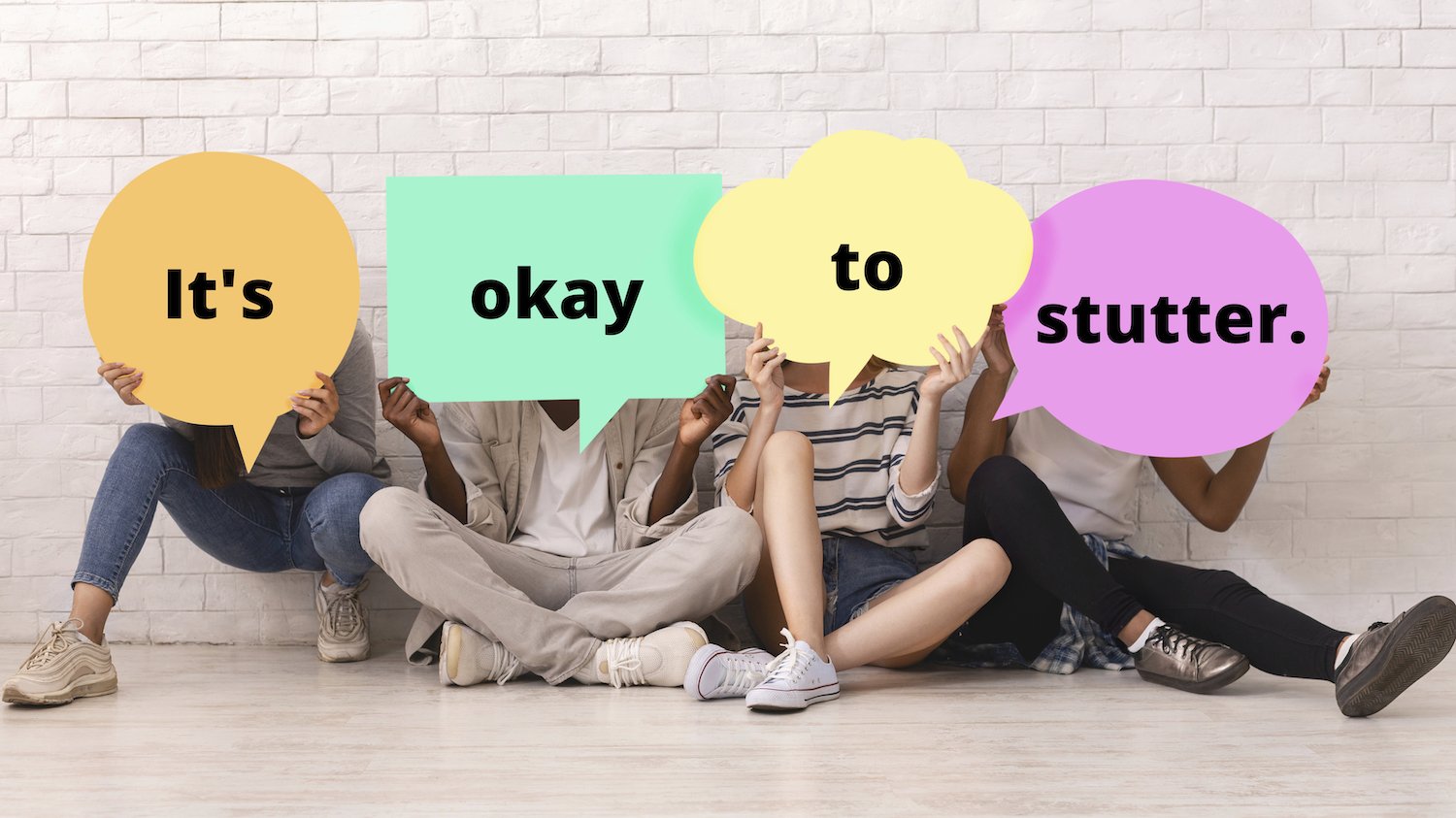Helping a Child Who Stutters: 7 Questions and Answers
We all want our children to communicate clearly and confidently, so when a child begins to stutter, it is natural for a parent to be concerned and even confused. So let’s start from the very beginning and get your questions answered.
1. What exactly causes stuttering?
The truth is experts don’t know exactly what causes stuttering. It appears to be neurological in nature and does tend to run in families, but not all children who stutter have a family history of stuttering. Fortunately, we have enough research to know what doesn’t cause stuttering. Parents don’t cause stuttering, but they can decrease the stress and negative emotions that some children feel when struggling to communicate. Stress and anxiety do not cause stuttering, but they can exacerbate stuttering in a person who already stutters.
2. Doesn’t everyone stutter sometimes?
Everyone experiences disfluencies in their speech–repeating a phrase, saying “um,” and revising what we are about to say are all typical disfluencies. People who stutter tend to experience disfluencies that other people do not.
There are three main types of disfluencies experienced by people who stutter:
Sound and syllable repetition (e.g. s-s-s-s-stop, go-go-go-going)
Prolongations (e.g. pass the mmmmmmmmustard)
Blocks–a silent, tense interruption to speech when the person feels stuck (e……lephant).
A person who stutters might also have secondary behaviors, which are a physical movement they use to try to get a word out. Eye blinking, making a fist, and a head jerk, are all possible secondary behaviors. People experiencing typical disfluencies do not exhibit secondary behaviors.
3. Will my child stutter their whole life?
Every child is different, and sometimes young children stop stuttering completely, but it is possible that stuttering will last a lifetime. Certain factors make it more likely that stuttering will persist in your child. Here is a list of these factors:
Male
Has been stuttering for over a year
Later onset of stuttering (after age 3 ½)
Stuttering has progressed to blocks
Child has secondary behaviors
Family history of stuttering
4. Can speech therapy help stuttering?
Yes! Speech therapy for stuttering has many facets. Very young children are often treated with indirect therapy, where the clinician trains parents to create a low-key environment for the child so the child feels less pressure to talk and answer questions. If the child continues to stutter, more direct therapy may be warranted.
Children in direct therapy learn one or two types of strategies, depending on their age:
Fluency shaping, which helps them have more fluent or smooth speech.
Stuttering modification, which helps them cope with a moment of stuttering and feel less stuck when it happens.
These strategies have been well-researched and are found to be effective, but your child’s comfort level with each strategy and how effective they find it will be personal. Speech pathologists also teach children who stutter about the speech mechanism, tension reduction, and effective communication techniques, and provide counseling to help children accept stuttering as part of their life journey.
5. How can I help my child with their stuttering?
The number one way you can help your child is to understand and believe that it is always okay to stutter. Stuttering is not bad or undesirable–it is one way to communicate. The goal is for your child to be a confident communicator who feels control over their speech, whether they stutter or not. There may be times your child chooses to stutter rather than using their strategies. That is okay. Stuttering can be hard–not stuttering can be even harder. Accept all communication from your child. What your child says is more important than how they say it.
Here are some other guidelines:
Allow your child to finish their utterance on their own with no interruption or time pressure–wait patiently.
Teach the whole family to take turns talking and be patient with each other.
Do not give simplistic advice, such as “slow down,” “take a breath,” or “start over.” Ask your speech pathologist if there are any helpful cues you can use with your child.
6. What else do I need to know about stuttering?
Stuttering is not static–it is constantly changing. A child might experience very few disfluencies for months and then suddenly experience an increase. They might stutter a lot in the morning and come home from school more fluent. They may stutter more in some situations than in others. Changes in fluency are normal, should not cause alarm, and are to be expected.
7. Can my child live a happy and successful life as a person who stutters?
Yes! There are many adults who stutter that have happy, fulfilling lives. Your child can use the strategies they learn in speech therapy to help them feel more in control of their speech. I highly recommend the StutterTalk podcast, where you will hear adults who stutter speak confidently and describe their experiences.

